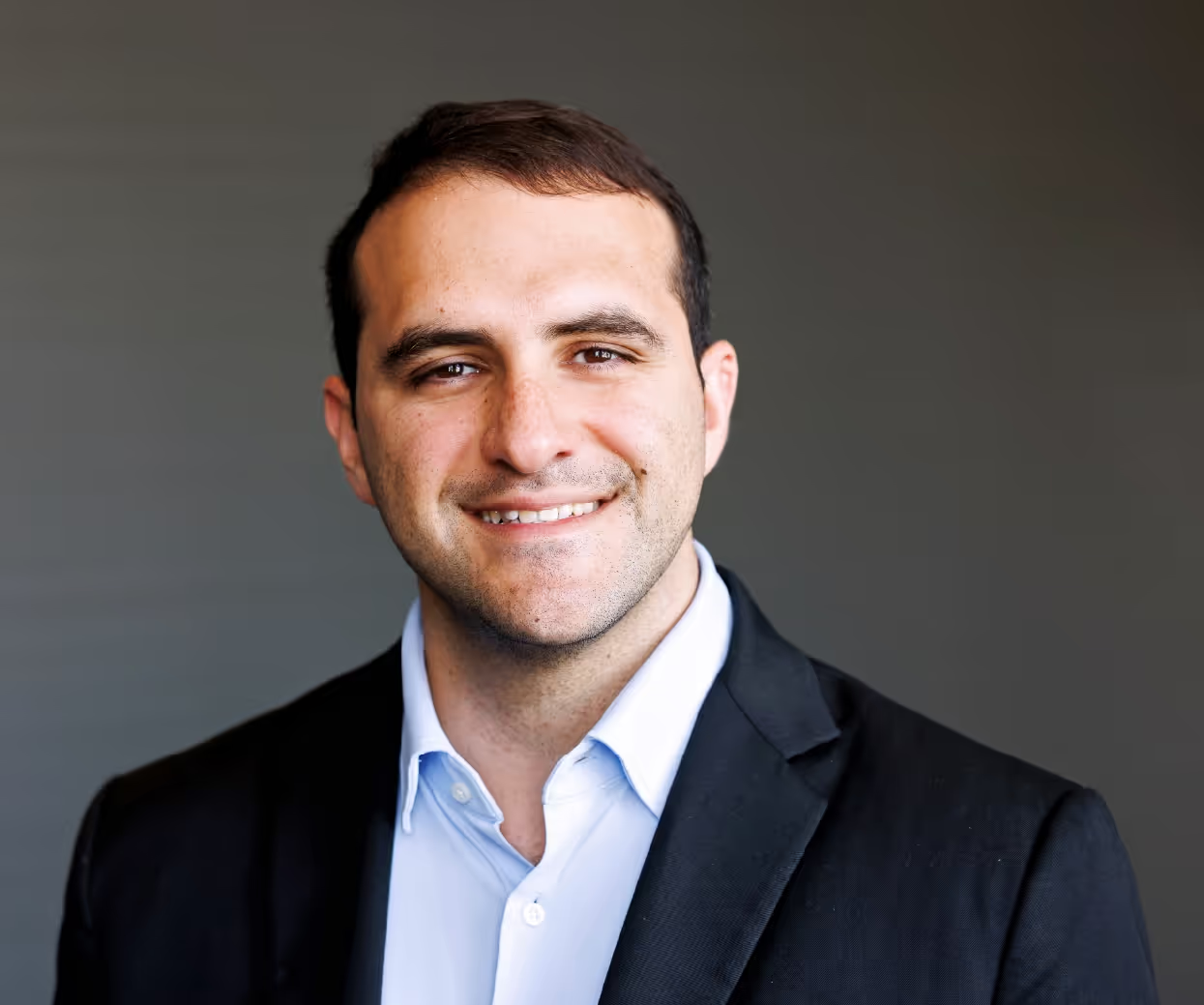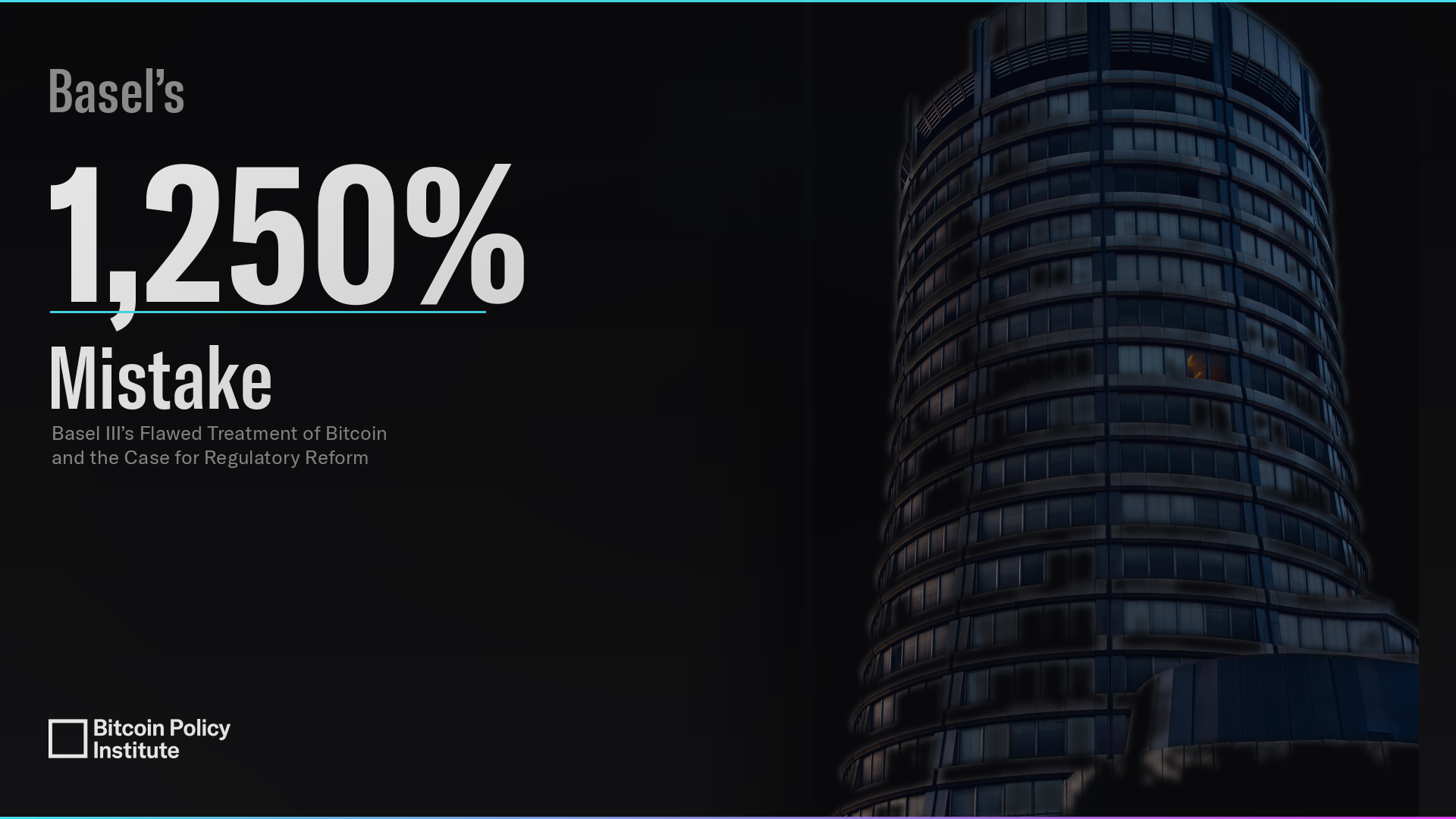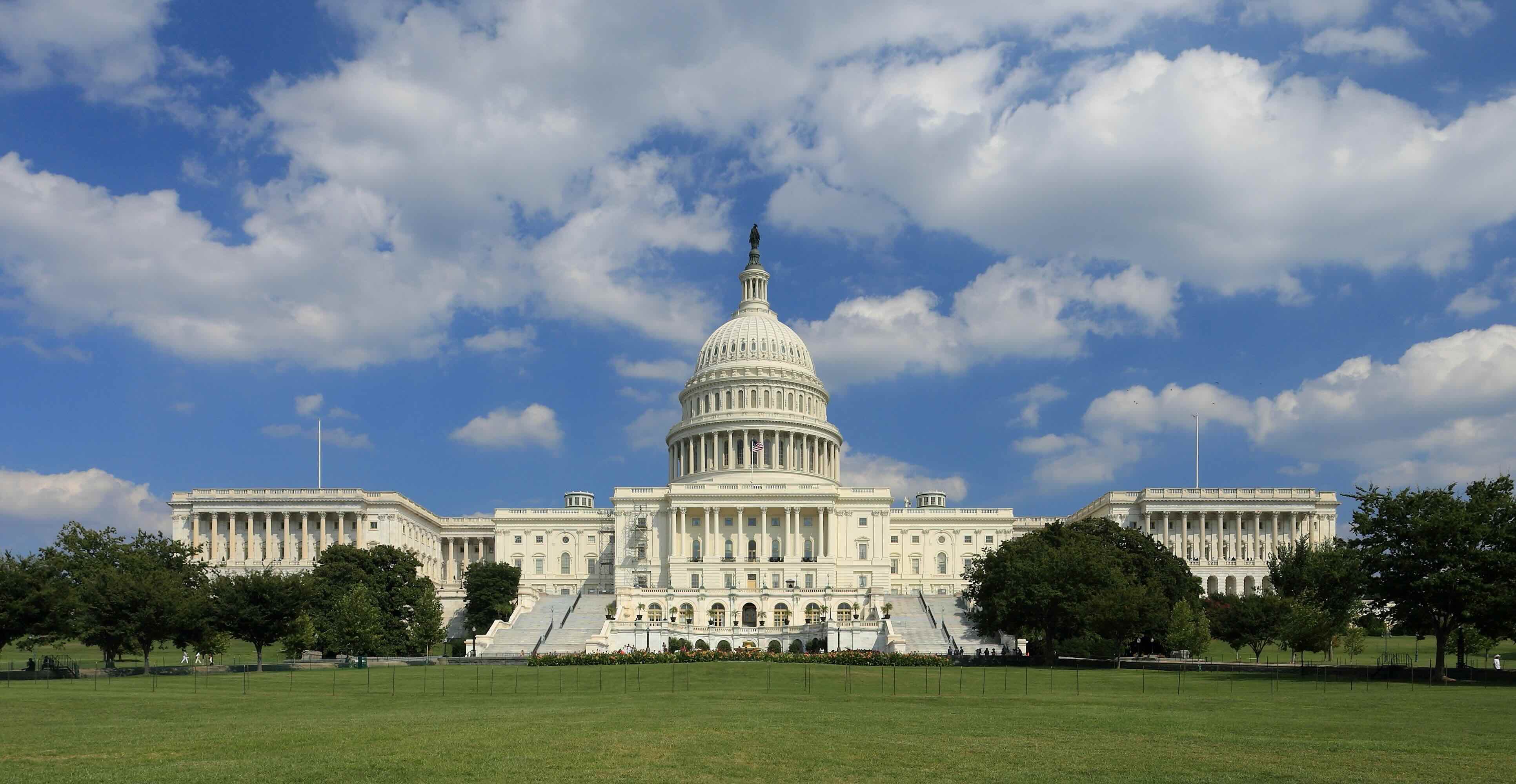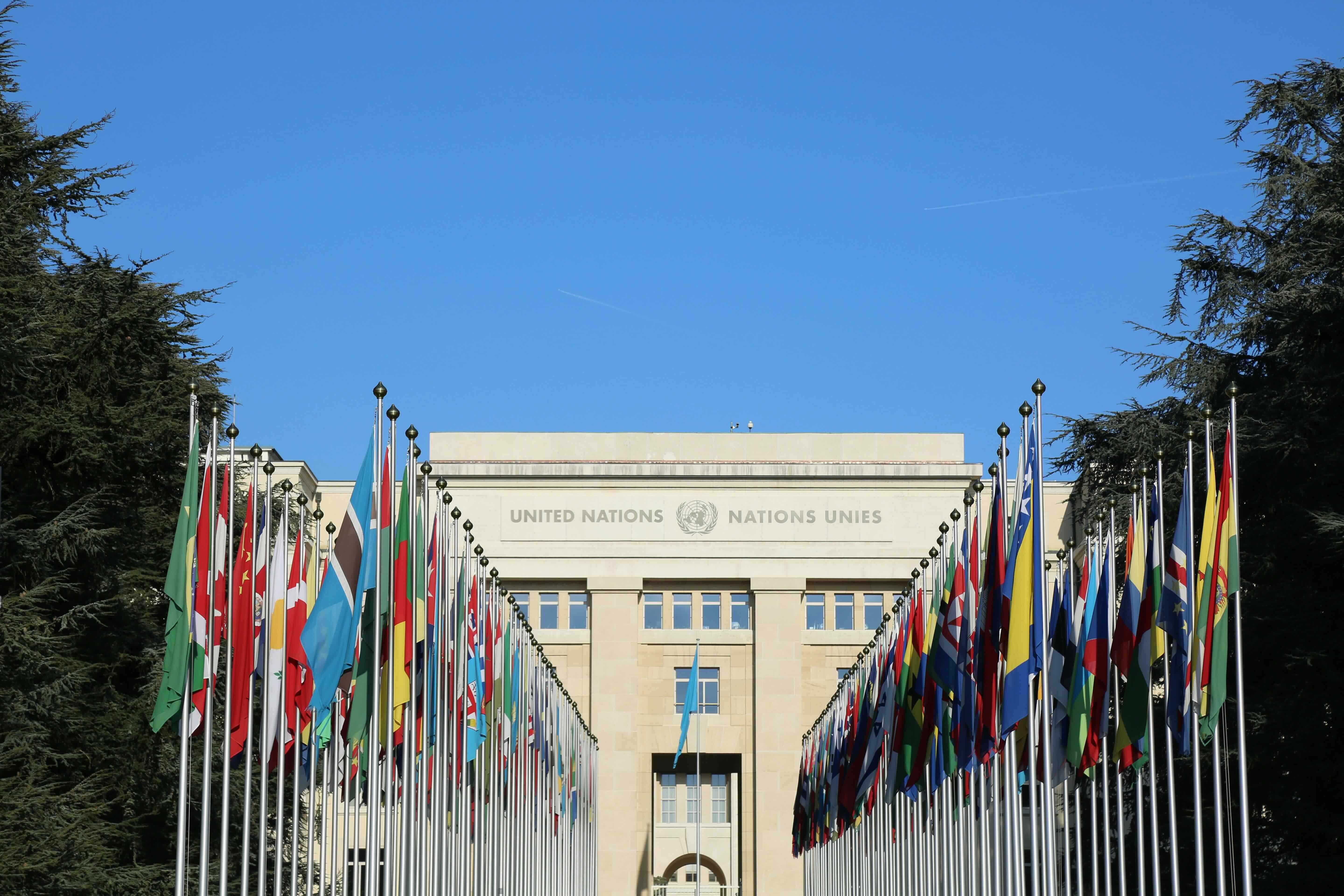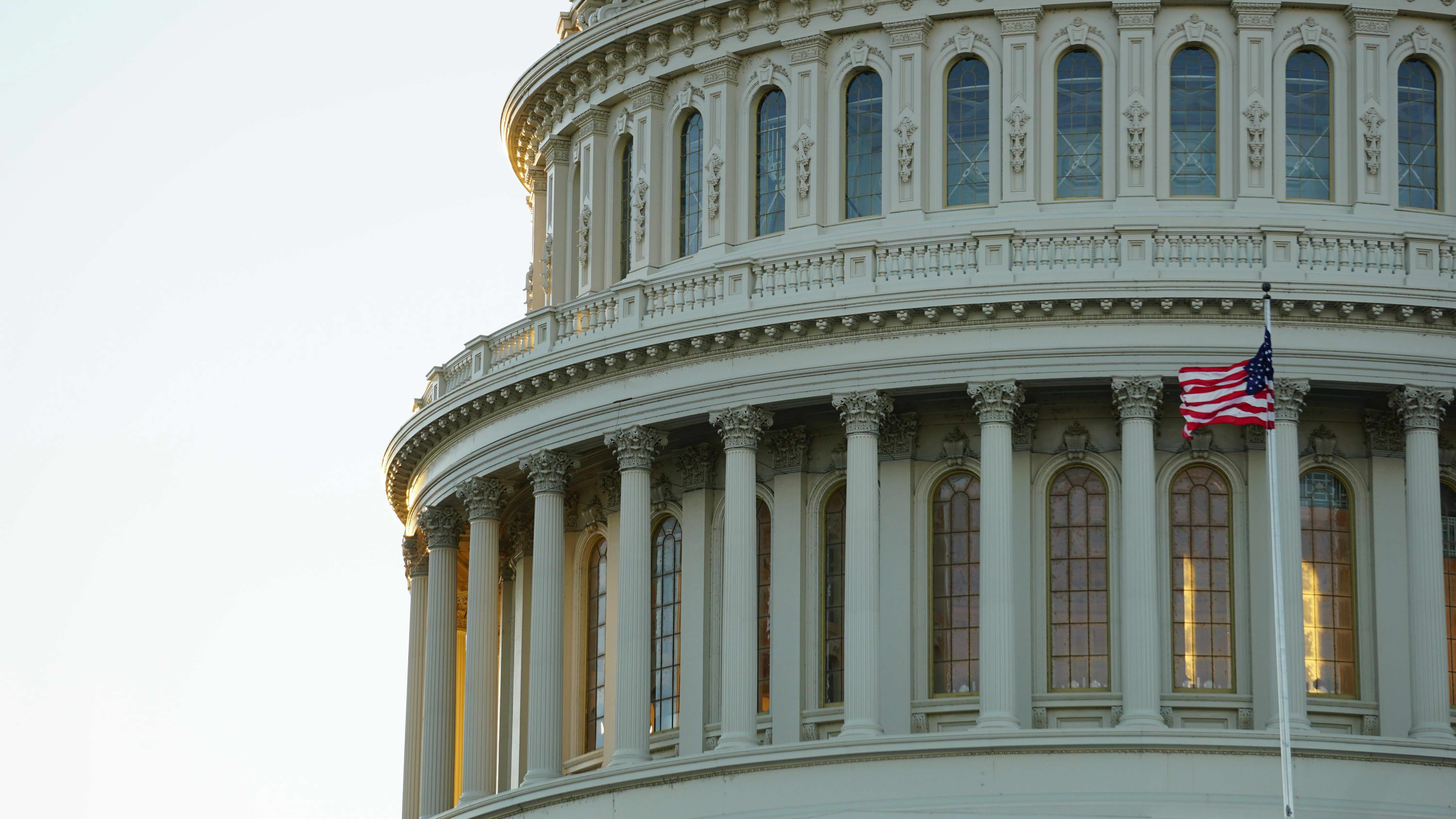Unlocking Economic Inclusion: Bitcoin and the Hope of Millions
The problem isn't income inequality, it's a lack of economic inclusion. Bitcoin provides the financial tools millions are systematically denied.

Imagine waking up each morning, ready to grow your small business, yet finding yourself trapped behind invisible walls, unable to freely engage with the global economy. Picture Mariana, a young entrepreneur from Venezuela who sells handmade goods online. She is intelligent, hardworking, and entrepreneurial by nature. Yet, despite her dedication, Mariana faces daily hurdles that most people in affluent countries would find unimaginable.
Every day, Mariana sees the fruits of her labor consumed overnight by hyperinflation, her earnings evaporating as the local currency rapidly loses value. Banks refuse her simple financial transactions, hindered by outdated technology and endless paper walls of regulation. Instead of hiring additional workers or expanding her business, Mariana spends her valuable hours navigating how to overcome the lack of market institutions and financial tools around her.
She is not alone. Across Latin America and in many other developing regions, millions of entrepreneurs are economically imprisoned, not by a lack of ambition or creativity, but by the crushing weight of economic exclusion. These talented, driven individuals are systematically deprived of reliable financial institutions, stable currencies, clear property rights, and efficient regulatory frameworks, tools that the "developed world" takes for granted. While most economists focus on indicators like "income inequality," the problem here is way worse. It is inequality of economic inclusion, as only a privileged minority in these countries have access to these institutions by hiring private security, opening bank accounts abroad, and levering personal connections to streamline bureaucratic processes.
These type of economic injustices are present throughout low and middle income countries. While Americans wake up daily to reliable banks, stable currencies, non-politicized courts, and clearly-defined property rights, these fundamental economic tools remain inaccessible luxuries for millions of people in Latin America or Africa. Without these tools of economic freedom, even the most talented entrepreneurs remain chained to perpetual cycles of poverty and exclusion, unable to unleash the boundless potential lying dormant beneath their feet.
This is where Bitcoin enters the equation. For millions of people Bitcoin is more than a technological innovation or attractive investment mechanism; it is a lifeline for economic inclusion. Bitcoin is decentralized and resistant to manipulation, immune from the failings that plague traditional fiat currencies and financial institutions susceptible to corruption, mismanagement, and political interference. Bitcoin offers Mariana and millions like her a practical tool to protect savings from hyperinflation, conduct international transactions swiftly and securely, and integrate their businesses into the global economy.
In 2023, I began engaging with the Bitcoin community precisely because I saw its transformational potential firsthand. While Americans often view bitcoin primarily as an innovative, rapidly growing and gateless asset class, for countless people across Latin America, bitcoin is fundamentally practical. In Venezuela, bitcoin empowers families to safeguard their savings from hyperinflation. In Argentina, it provides businesses a stable medium of exchange, free from political manipulation. Across Latin America, bitcoin has enabled humanitarian assistance to reach communities trapped in economically collapsed regions, sidestepping corrupt bureaucratic intermediaries.
Imagine a world where technology and good institutions empower those who need them most. Just as bitcoin represents a financial lifeline for individuals like Mariana, we should advocate for broader systemic change that prioritizes the inclusion of those historically marginalized from economic opportunities. If technology and reliable institutions become widely accessible, we will witness an unprecedented explosion of creativity, entrepreneurship, and innovation among the world's poor.
This reform agenda benefits not just individuals, but strengthens society as a whole. When people are provided genuine opportunities rather than being relegated to dependence on charity or government aid, they transform into active contributors to economic growth and societal development. Mariana and countless others like her do not need handouts; they require access to functioning institutions and practical financial tools such as Bitcoin to fully realize their potential.
By committing to this vision, we can unlock vast reserves of untapped human capital, fostering innovation, reducing poverty, and building more stable and prosperous communities worldwide. The path toward economic inclusion is clear: empower individuals with the tools and infrastructure they need to succeed, and watch them thrive as assets in their own right, capable of reshaping their futures and transforming their societies.
Jorge Jraissati is the President of the Economic Inclusion Group and Fellow at Bitcoin Policy Institute



.svg)
